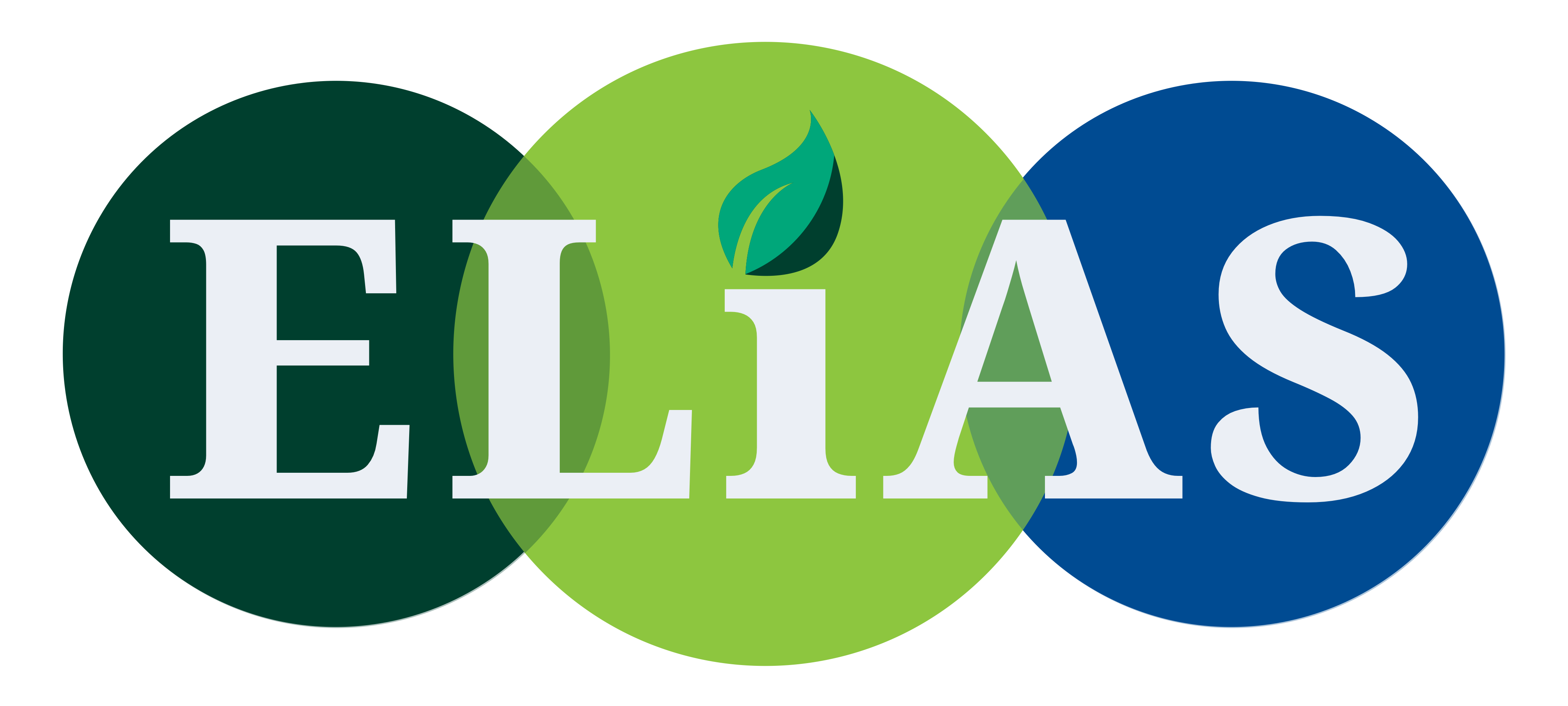Date & Time: July 10th, 2025, 9:00 – 14:15 EEST (GMT+3)
Location: Centre for Research and Technology Hellas (CERTH), Thessaloniki, Greece (Hybrid Event)
Overview: The emergence of Foundation Models and Large Language Models is transforming the way AI systems are developed and applied in various industry sectors. Trained on massive amounts of data of different modalities and using transfer learning to apply the knowledge learned from one task to another, models such as ChatGPT, GPT-4, BERT, CLIP, DALL-E, etc. can be adapted to a wide range of downstream tasks from media content generation to climate change modeling, healthcare monitoring, autonomous driving and many more.
The ELIAS, ELLIOT & ELSA Theme Development Workshop on Foundation Models aims to highlight the opportunities offered by Foundation Models, explore relevant technical challenges, consider legal & ethical aspects, and present application examples.
Objectives:
- Explore technical aspects of Foundation Model training such as generalisation, scaling, benchmarking, security, and computational resources.
- Address ethical considerations in the development and deployment of Foundation Models.
- Highlight different applications domains and discuss relevant adaptation challenges of Foundation Models.
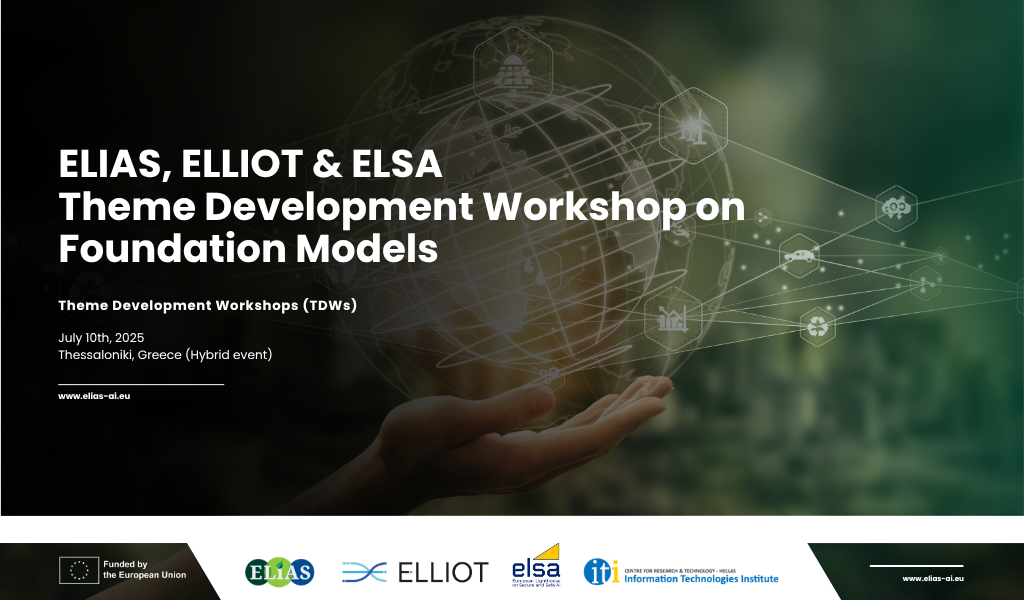
This hybrid 4-hour event will feature 3 sessions, each including 20-min keynote presentations from renowned experts in the field, followed by interactive discussions and a Q&A segment. Light lunch will be served after the end of the workshop.
Registration Deadline
- Online Attendance → July 9th, 2025 – 18:00 CET
Registration for in-person attendance has been closed on June 18th, 2025, (midnight CET).
This workshop is jointly organised by the ELIAS, ELLIOT & ELSA projects.
ELLIOT – European Large Open Multi-Modal Foundation Models For Robust Generalization On Arbitrary Data Streams (GA No. 101214398 ) aims to enhance general-purpose AI by developing large-scale, open multimodal foundation models with strong spatio-temporal understanding. Led by top European academic and industrial labs from the ELLIS and LAION communities, the project targets underrepresented time-relevant modalities such as industrial time series, remote sensing, and health data. Both real and synthetic data will be used, sourced from consortium partners and European Data Spaces, with synthetic data generated using current and novel generative AI methods. European HPC resources are integrated to support large-scale model training.
ELSA – European Lighthouse on Secure and Safe AI (GA No. 101070617) is a growing network of excellence that spearheads efforts in foundational safe and secure AI methodology research. ELSA’s founding members include European experts in all aspects of safe and secure AI, with particular focus on technical robustness, privacy preserving techniques and human agency and oversight. In addition, ELSA brings on board research and industry experts in six different sectors that are key application areas of safe and secure AI. ELSA builds on and extends the internationally recognized and excellently positioned ELLIS (European Laboratory for Learning and Intelligent Systems) network of excellence. For more information, please visit: www.elsa-ai.eu
Speakers & Moderators
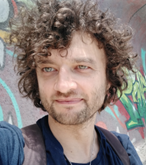
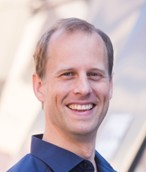
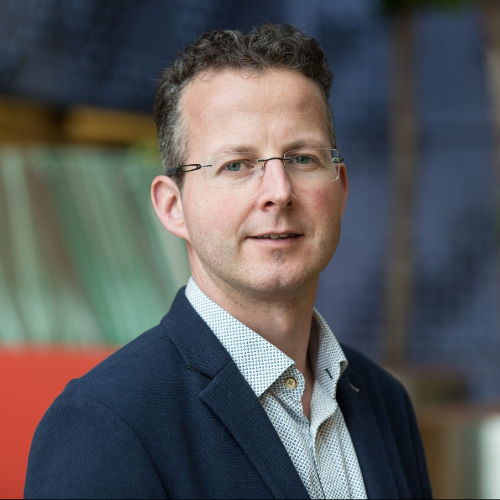

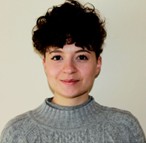
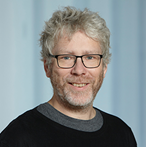


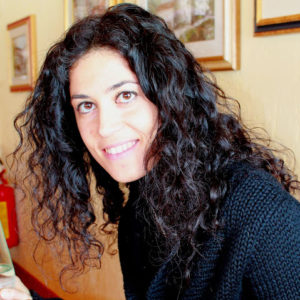
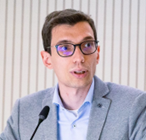
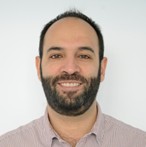
Agenda
Please note that the agenda is subject to slight changes and will be updated accordingly.
All times are local (Greece) time (EEST = GMT+3, e.g. 10:00 EEST = 09:00 CEST)
| Time | Duration | Session Name |
|---|---|---|
| 09:00 – 09:15 | 15 mins |
Welcome & Introduction to Foundation Models
|
| 09:15 – 10:30 | Session 1: Training Foundation Models | |
| Moderator: Elisa Ricci (UNITN & FBK) | ||
| 20 mins |
Keynote: Jenia Jitsev (JSC & LAION) Open Foundation Models: Scaling Laws and Generalisation To study transferable learning and generalisation, derivation of reproducible scaling laws is crucial, as they not only predict model function and properties on unseen scales, but also have potential to enable systematic comparison of various learning procedures. The talk will discuss why open foundation models and datasets are essential for this research and highlight challenges in properly measuring generalisation. |
|
| 5 mins | Q&A and Discussion | |
| 20 mins |
Keynote: Frank Hutter (PriorLabs, ELLIST) Tabular Foundation Models Tabular data, spreadsheets organized in rows and columns, are ubiquitous across healthcare, business and finance. Although deep learning has revolutionised learning from raw data and led to numerous high-profile success stories, gradient-boosted decision trees have dominated tabular data for the past 20 years. In this talk, I will demonstrate how we changed this with the first foundation models for tabular data, in particular TabPFN and TabPFN v2. |
|
| 5 mins | Q&A and Discussion | |
| 20 mins |
Keynote: Cees Snoek (UvA) NeoBabel: A Multilingual Open Foundation Model for Visual Generation Text-to-image generation advancements have been predominantly English-centric, creating barriers for non-English speakers and perpetuating digital inequities. This talk introduces NeoBabel, a multilingual image generation foundation model that sets a new Pareto frontier in performance, efficiency and inclusivity, natively supporting English, Chinese, Dutch, French, Hindi, and Persian. |
|
| 5 mins | Q&A and Discussion | |
| 10:30 – 11:20 | Session 2: Ethical & Safe Foundation Models | |
| Moderator: Lorenzo Baraldi (UNIMORE) | ||
| 20 mins |
Keynote: Mario Fritz (CISPA) Security and Safety of Foundation Models The talk will focus on the security and safety of Foundation Models, covering topics such as LLM security, prompt injection, data-instruction separation, multi-agent setups, AI for (vulnerable) code, and auto red teaming. |
|
| 5 mins | Q&A and Discussion | |
| 20 mins |
Keynote: Flavia Giglio (KUL) Ethical and Legal Aspects of Foundation Models The talk will revolve around legal and ethical challenges posed by foundation models, including an overview of the latest EU legislative developments in the AI field and how it concerns the design and deployment of such models. |
|
| 5 mins | Q&A and Discussion | |
| 11:20 – 11:40 | COFFEE BREAK | |
| 11:40 – 12:55 | Session 3: Application of Foundation Models | |
| Moderator: Dimosthenis Karatzas (CVC-CERCA & UAB) | ||
| 20 mins |
Keynote: Marc Pollefeys (Microsoft & ETHZ) Spatial AI The talk will focus on the challenges of using AI in 3D spatial settings for real-world AI assistants and robotics. |
|
| 5 mins | Q&A and Discussion | |
| 20 mins |
Keynote: Matthieu Cord (VALEO) Driving through Generative Video Pretraining Presentation of an end-to-end driving Video-Action Model that harnesses the power of generative video pretraining, learning unsupervised rich video representations from large driving video datasets and applying these representations for control via imitation learning. |
|
| 5 mins | Q&A and Discussion | |
| 20 mins |
Keynote: Dario Garcia-Casulla (BSC) Training and Evaluating LLMs in European HPC centers Review of current practices on post-training LLMs (SFT, instruct, merge and align) for multiple tasks in healthcare, and discussion of current limitations in model evaluation, also for other domains such as LLMs for Chip Design or code generation. Includes details of computational access and cost within existing and incoming (AIFactories) European HPC infrastructure. |
|
| 5 mins | Q&A and Discussion | |
| 12:55 – 13:15 | 20 mins |
Conclusion & Wrap-up
|
| 13:15 – 14:15 | 60 mins | LUNCH |
Venue
The ELIAS, ELLIOT & ELSA TDW on Foundation Mode will take place at the campus of the Centre for Research and Technology Hellas (CERTH) in Thessaloniki, Greece. CERTH is located at the 6th km of the Charilaou-Thermi Road in Thermi, Thessaloniki. It is about 10 km from the centre of Thessaloniki and about 8 km from “Makedonia” International airport. You can reach CERTH by bus/metro, car or taxi.
The workshop will take place at the Amphitheatre of the central administration building of CERTH. Coffee and lunch breaks will take place in the entrance hall (foyer), outside the Amphitheatre. As you enter the campus, the central administration building is on your right, the last building with the red bricks at the end of the road (<1 min walk from the gate). You can always ask the guard at the gate of the campus for instructions. Signs will also be put out.
